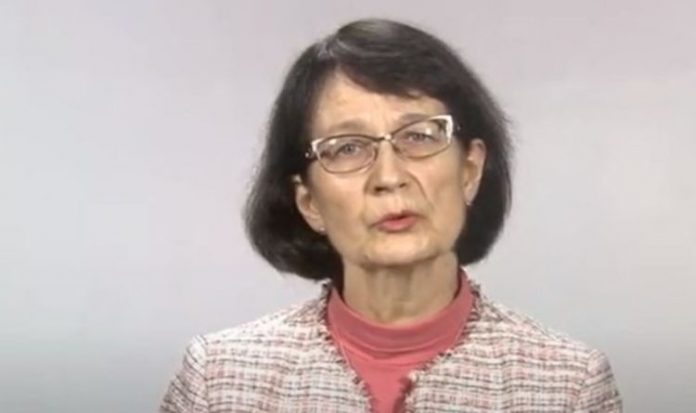Dr Jenny Harries told Sky News host Niall Paterson that failing to bring pupils back to school in September would pose greater damage in the short, medium and long-term to children than the coronavirus. Dr Harries added that no environment was completely risk free but that children faced a similar risk level pre-COVID-19 regarding the potential for road accidents to and from school.
Dr Harries said: “For COVID a well-controlled school environment with the information and knowledge we have about COVID now should be a safe one.
“The long-term harm of children not attending school significantly out ways potential risks.”
Mr Paterson asked: “So let’s be absolutely clear about this, it is not that a school is a risk free environment for children, it is that the risks of them not returning to school pose greater damage in the short, medium and long-term than the risk from COVID-19?”
Dr Harries replied: “Absolutely, no environment is completely risk free.
READ MORE: So just how many of us HAVE had coronavirus? Hancock admits test trend
“Every time a parent sent their child off to school pre-COVID they may have been involved in a road traffic accident, there were all sorts of things.
“In fact, that risk or the risk from seasonal flu we think it is probably higher than the current risk of COVID.”
During the same interview Dr Harries also discussed Donald Trump’s plan to grant fast-track approval of the UK’s Oxford vaccine in order to get ahead of Britain in the race for a COVID-19 vaccine.
Mr Paterson quizzed Dr Harries on reports that the US President is planning to buy up the Oxford vaccine to ensure Americans will get access to it before Britons.
“I am just wondering what your thoughts are about that, about the idea Americans might be getting access to this vaccine before Brits.”
Dr Harries replied: “I don’t think it matters whether it is America or anywhere else, we have a global crisis and it is really important that everyone around the world has fair and safe access to vaccine development.
“Obviously, those countries that are more developed have the facilities to develop the vaccine and get it safely out to their populations.
“I think all public health colleagues would be wanting fair distribution.”







